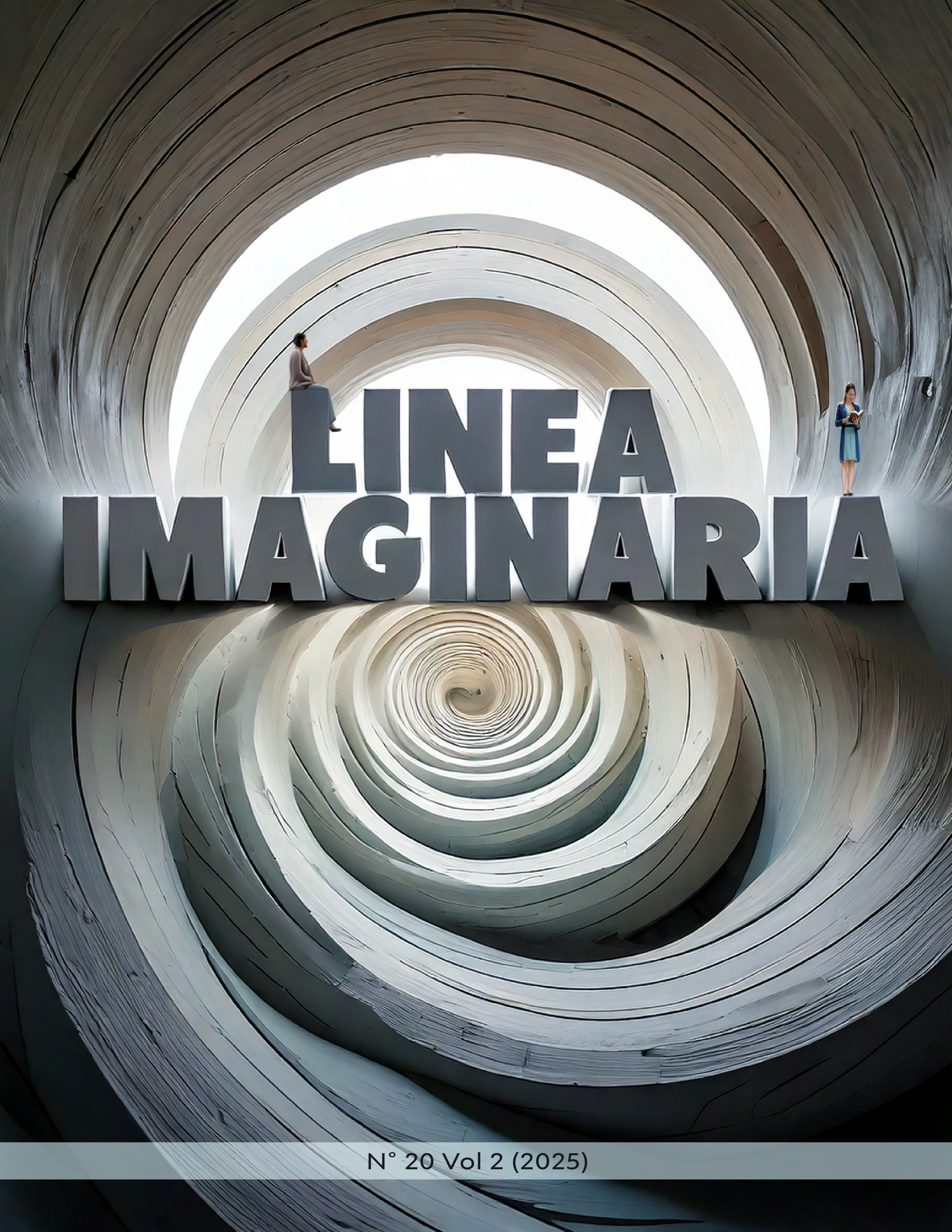SCHOOL DROPOUTS IN COLOMBIA: A SITUATION THAT IS PART OF THE REALITY IN THE COLOMBIAN-VENEZUELAN BORDER AREA
DOI:
https://doi.org/10.56219/lneaimaginaria.v2i20.3753Keywords:
School desertion, border zones, migratory diaspora, educational institutions, basic education, secondary educationAbstract
The Colombian-Venezuelan border has faced countless situations that every day have become more complex; the closure of the border in 2015, the migratory diaspora that Venezuela is experiencing and of course the displacement of Venezuelans to Norte de Santander has brought with it an accumulation of actions that show that educational institutions on the border have become a place of stay for thousands of children who have come to this area; This situation has led to an increase in enrollment, specifically in primary and secondary education, but another situation emerges which is defined by school dropouts; one day three children arrive and the next day five leave; in fact, it is proposed as an object of study to reflect on school dropouts: To reflect on school dropout in Colombia: situation in the border area: situation that is part of the reality in the Colombian-Venezuelan border area. The study was carried out by means of a qualitative methodology framed in the analysis of content as a technique from which an academic essay arises. It resulted in a sample of theoretical elements focused on the situation in the educational institutions in the border areas and it is concluded that school desertion has become a situation that is complex to address where strategies are required to counteract such eventualities from the classrooms.
Downloads
References
Álvarez, C. (2025). Guerra entre guerrillas en el Catatumbo desata una crisis humanitaria en Colombia. Voz de América. https://www.vozdeamerica.com/a/guerra-entre-guerrillas-catatumbo-crisis-humanitaria-colombia/7946528.html
Banguera, G., Bonilla, A., y Torres, L. (2023). Factores que propician la deserción escolar en la Institución Educativa Fray Luis Amigó sedes el Guayacán y Joánico del Municipio de Guapi Cauca. Universidad La Salle. Guapi-Cauca, Colombia. https://ciencia.lasalle.edu.co/bitstreams/a864f5f9-90f7-4cf9-b3d8-1f088c138416/download
Gamboa, A., Prada, R., y Hernández, C. (2020). Deserción estudiantil en contextos vulnerables: comparativo entre dos ciudades fronterizas colombianas. https://dialnet.unirioja.es/descarga/articulo/7917867.pdf
Ministerio de Educación Nacional. (2022). Deserción escolar en Colombia: análisis, determinante y políticas de acogida, bienestar y permanencia. https://www.mineducacion.gov.co/1780/articles-363488_recurso_34.pdf
Ministerio de Educación Nacional. (2023). la deserción escolar aumentó en 2023. Radio Nacional de Colombia. https://www.mineducacion.gov.co/portal/salaprensa/ Comunicados/415819
Pabón, J. (2024). La deserción escolar a la luz de la migración en la educación básica colombiana. Línea Imaginaria volumen 1 número 8. https://revistas.upel.edu.ve/index.php/linea_imaginaria/article/view/2571 DOI: https://doi.org/10.56219/lneaimaginaria.v1i18.2571
Ruiz, R., García, J., y Pérez, M. (2014). Causas y consecuencias de la deserción escolar en el bachillerato: caso Universidad Autónoma de Sinaloa. Universidad Autónoma Indígena de México, México. Revista Ra-Ximhai volumen 10 número 5. https://www.redalyc.org/pdf/461/46132134004.pdf
Downloads
Published
How to Cite
Issue
Section
License
Copyright (c) 2025 LÍNEA IMAGINARIA

This work is licensed under a Creative Commons Attribution-NonCommercial-ShareAlike 4.0 International License.
La revista Línea Imaginaria conserva los derechos patrimoniales (copyright) de las obras publicadas, que favorece y permite la reutilización de los mismos bajo la licencia Creative Commons Atribución-NoComercial-CompartirIgual 4.0 , por lo cual se pueden copiar, usar, difundir, transmitir y exponer públicamente, siempre que se cite la autoría y fuente original de su publicación (revista, editorial, URL y DOI de la obra), no se usen para fines comerciales u onerosos y se mencione la existencia y especificaciones de esta licencia de uso. Si remezcla, transforma o crea a partir del material, debe distribuir su contribución bajo la misma licencia del original.













